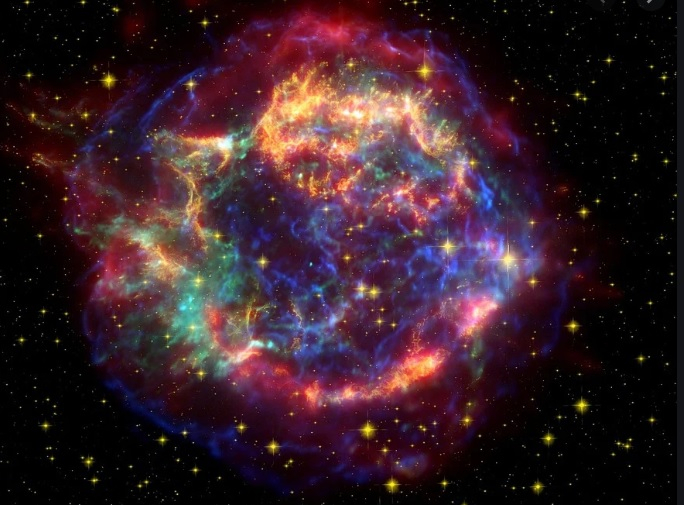The end of the universe will not witness its end with a big explosion, but a series of smaller explosions of stars that would gradually fade into zero temperatures, according to a new study. Researchers said the universe will be a "sad, lonely, cold place."
The study carried out by Illinois State University said the universe in its end will see the explosions of the remnants of stars that were never supposed to explode in the first place.
"In the far future long after star formation has ceased the universe will be populated by sparse degenerate remnants, mostly white dwarfs, though their ultimate fate is an open question," according to the study.
Theoretical physicist Matt Caplan, who led the study said that there will not be anybody around to witness the end of the universe. Huge stars often end with massive explosions, but white dwarf stars fade slowly to death.

In another trillion years, these white dwarfs will eventually freeze and become 'black dwarf' stars that will not shine, Caplan explained. Similar to present white dwarfs, the black dwarfs would be mostly made of light elements like carbon and oxygen and they will be as big as the earth. However, they would contain about as much mass as the sun.
"Stars less than about 10 times the mass of the sun do not have the gravity or density to produce iron in their cores the way massive stars do, so they can't explode in a supernova right now," Caplan said. The universe will end in a "heat death" where there will be mostly black holes burned-out stars, according to the theoretical physicist.
"It's hard to imagine anything coming after that, black dwarf supernova might be the last interesting thing to happen in the universe," Caplan said. However, that would take place at least in "trillion years."
"In years, it's like saying the word 'trillion' almost a hundred times. If you wrote it out, it would take up most of a page. It's mindbogglingly far in the future," Caplan said.









